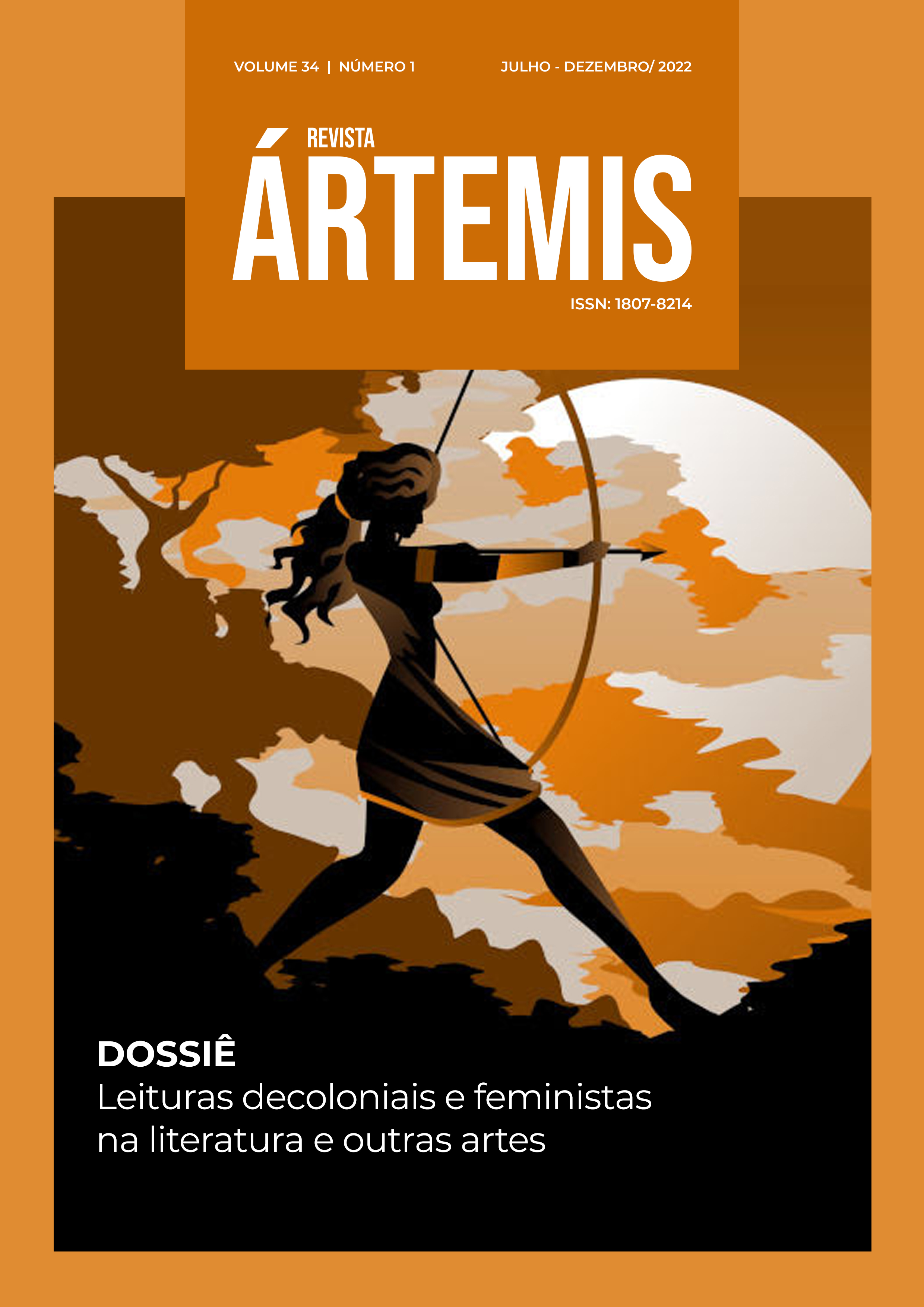LUAMANDA: DECOLONIAL BODY REALIGNING PATHS BACK
Keywords:
Afro-Brazilian Literature, Decolonial studies, Decolonial literature, Women eroticismAbstract
Considering the diversity of meanings, Afro-Brazilian Literature has a relevant role in this country’s history and identity construction through the plethora of sights and representations of black people along with writings and while corpus. Immersed in the discussion of understanding writing as a disruption of the colonial structure and the decolonization of subaltern subjects, this research aims to discuss the short story Luamanda from the book Olhos d’água (2016) by Conceição Evaristo. It presents a mode of writing that externalizes subjectivities, mainly those of black women crossed by experiences marked by epistemological violence, in their turn crossed by oppression axes such as class and gender. From that perspective, the author presents a poetic narrative that represents themes related to black characters’ daily life situations discussing themes such as memory, racism, existence, and resistance. The story Luamanda subverts the sameness regarding the representations of black bodies typified by the literary canon and confined to the thought of the colonizer, giving it a central place and voice. The author dishevels the colonial structure and rewrites the representations of bestialized women who are also objectified and hypersexualised bodies (Lugones, 2014). Luamanda writes her experiences and becomes the protagonist of her story, thus decolonizing speech, her body, and her loves beyond the walls of violence. In this sense, this work presents literature that corroborates with scholars from the field of decolonial studies, among them Aníbal Quijano (2005), Bell Hooks (2019), Djamila Ribeiro (2019), Grada Kilomba (2019), Maria Lugones (2014), Walter D. Mignolo (2017) and others. These studies help us reflect upon this textualized, racialized, and decolonial black woman’s body that emancipates itself and transgresses hegemonic thinking.







